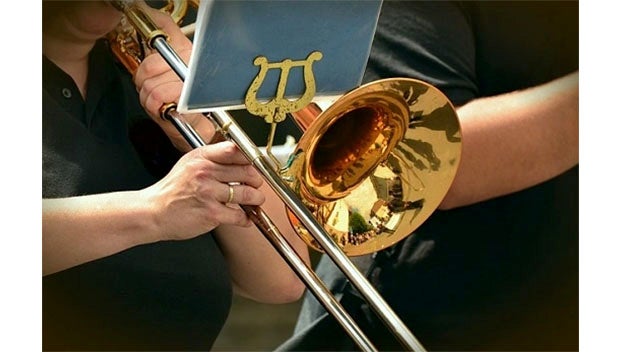Massey Cancer Center urges public for increased HPV vaccination
Published 11:48 am Thursday, February 4, 2016
In response to low national vaccination rates for the human papillomavirus (HPV), VCU Massey Cancer Center has joined with the other 68 of the nation’s top cancer centers, which are National Cancer Institute-designated cancer centers, in issuing a statement urging for increased HPV vaccination for the prevention of cancer. “These institutions collectively recognize insufficient vaccination as a public health threat and call upon the nations’ physicians, parents and young adults to take advantage of this rare opportunity to prevent many types of cancer,” a release stated.
“VCU Massey Cancer Center is committed to a future in which all forms of cancer are eliminated or controlled, but ending HPV-related cancers is truly now within our reach,” said Dr. Gordon D. Ginder, director of VCU Massey Cancer Center. “So today, we join with our fellow National Cancer Institute (NCI)-designated cancer centers to call the community’s attention to the tremendous opportunity that is present to prevent these cancers and ultimately make a significant improvement in the future cancer burden. A large focus of Massey’s community education and engagement efforts has been and will continue to be aimed at helping the public understand the important role of the HPV vaccine in cancer prevention.”
According to the Centers for Disease Control and Prevention (CDC), HPV infections are responsible for approximately 27,000 new cancer diagnoses each year in the U.S, which equates to one new case of cancer every 20 minutes. Several HPV vaccines are available that can prevent the majority of cervical, anal, oropharyngeal (middle throat) and other genital cancers.
“HPV is a common infection and most people are exposed to it at some point in their lifetimes,” said HPV expert Dr. Iain Morgan, who is a member of Massey’s Cancer Molecular Genetics research program as well as the director of the VCU Philips Institute for Oral Health Research and a professor and chair of oral and craniofacial molecular biology at VCU. “That is why it is so important to vaccinate adolescents, before they are exposed to the virus. The HPV vaccine is incredibly successful: it stops over 99 percent of HPV infections from the HPV types the vaccine targets, and it can help protect against all of the various types of HPV-related cancers.”
Vaccination rates remain low across the U.S., with under 40 percent of girls and just over 21 percent of boys receiving the recommended three doses. Research shows there are a number of barriers to overcome to improve vaccination rates, including a lack of strong recommendations from physicians and a lack of parents’ understanding that this vaccine protects against several types of cancer.
To discuss strategies for overcoming these barriers, experts from the NCI, CDC, American Cancer Society and more than half of the NCI-designated cancer centers met in a summit last November. During this summit, cancer centers shared findings from 18 NCI-funded environmental scans, or detailed regional assessments, which sought to identify barriers to increasing immunization rates in pediatric settings.
“The published call to action was a major recommendation resulting from discussions at that summit, with the goal of sending a powerful message to parents, adolescents and health care providers about the importance of HPV vaccination for cancer prevention,” the release stated.


